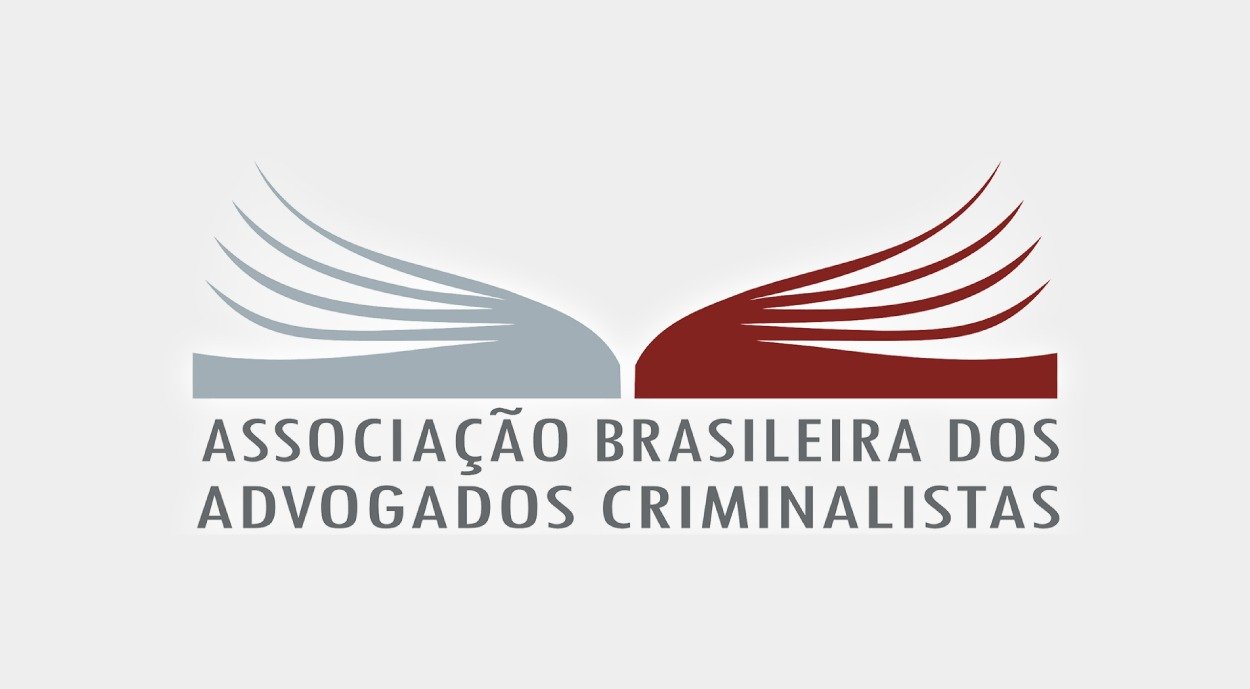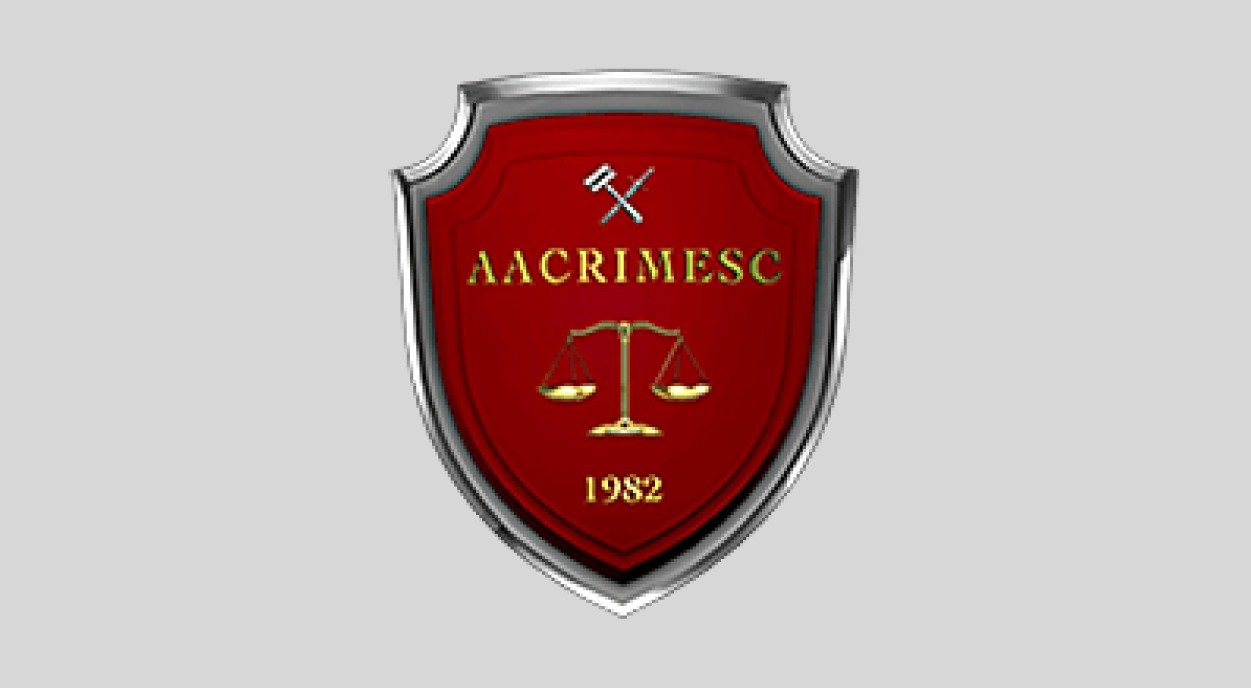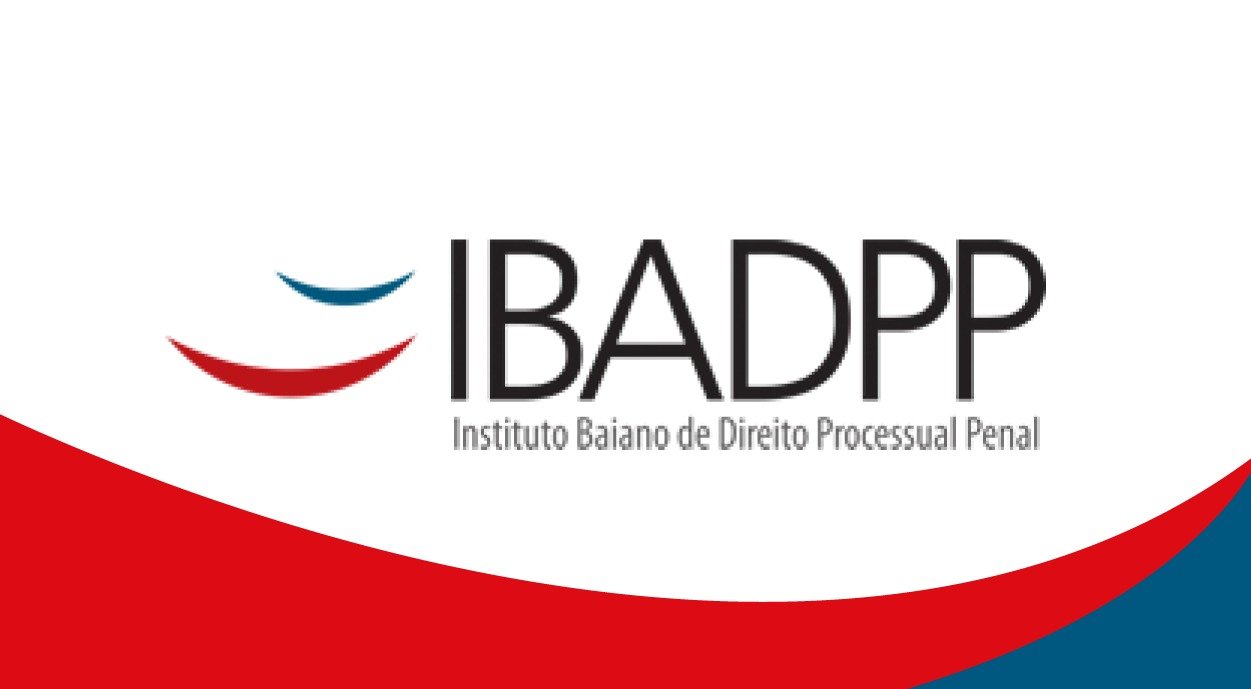Coluna Fictio Iuris
The real estate market, the foundation of many countries' policies, has been repeatedly stained by the sinister force of corruption. In the dark world of the real estate industry, a series of interests exist that, on many occasions, should open the door to criminal law, yet these same interests act as barriers to the administration of justice.
The implications of criminal law in the corrupt practices that plague this sector are numerous. From the all-too-common bribes and frauds, where it often all begins, to tax evasion, the problems presented by the real estate market are diverse. Unscrupulous individuals bribe public officials to expedite permits, zoning changes, or gain access to confidential information. Criminals seek to legitimize illicit funds by laundering money through the purchase of properties using fictitious companies or ghost corporations. There are also cases of shoddy workmanship, lack of safety, and misappropriation of funds.
Many times, all these irregularities are overlooked, with more focus on filling pockets than considering the inherent dangers of deficient constructions or those that did not respect the permits. However, reality always sets in sooner or later, showing that what is expected not to happen does not mean it won't occur. There are countless cases to refer to, such as buildings that collapse after an earthquake, revealing the poor quality of materials used, constructions that, after a fire, are proven to lack the minimum legally required safety systems, or buildings with many more stories than permitted.
Other issues evident in relation to real estate corruption are insider trading, which involves using non-public information to buy or sell properties at an advantage, violating securities laws and distorting the market to the detriment of other buyers and sellers. There are also property title frauds, where scammers steal identities to forge property documents and illegally transfer ownership.
In conclusion, the intertwined real estate corruption and criminal law create a complex web. To defend the principles of justice and preserve the integrity of the real estate market, law enforcement agencies, legal professionals, and the public must unite against this insidious threat. However, the dark underworld of vested interests, influence trafficking, and favoritism represent significant obstacles in achieving a fair and transparent real estate market for all.
Imagem Ilustrativa do Post: Abstrato // Foto de: Danielle Pereira // Sem alterações
Disponível em: https://www.flickr.com/photos/daniellepereira/10337787764
Licença de uso: https://creativecommons.org/licenses/by/2.0/





